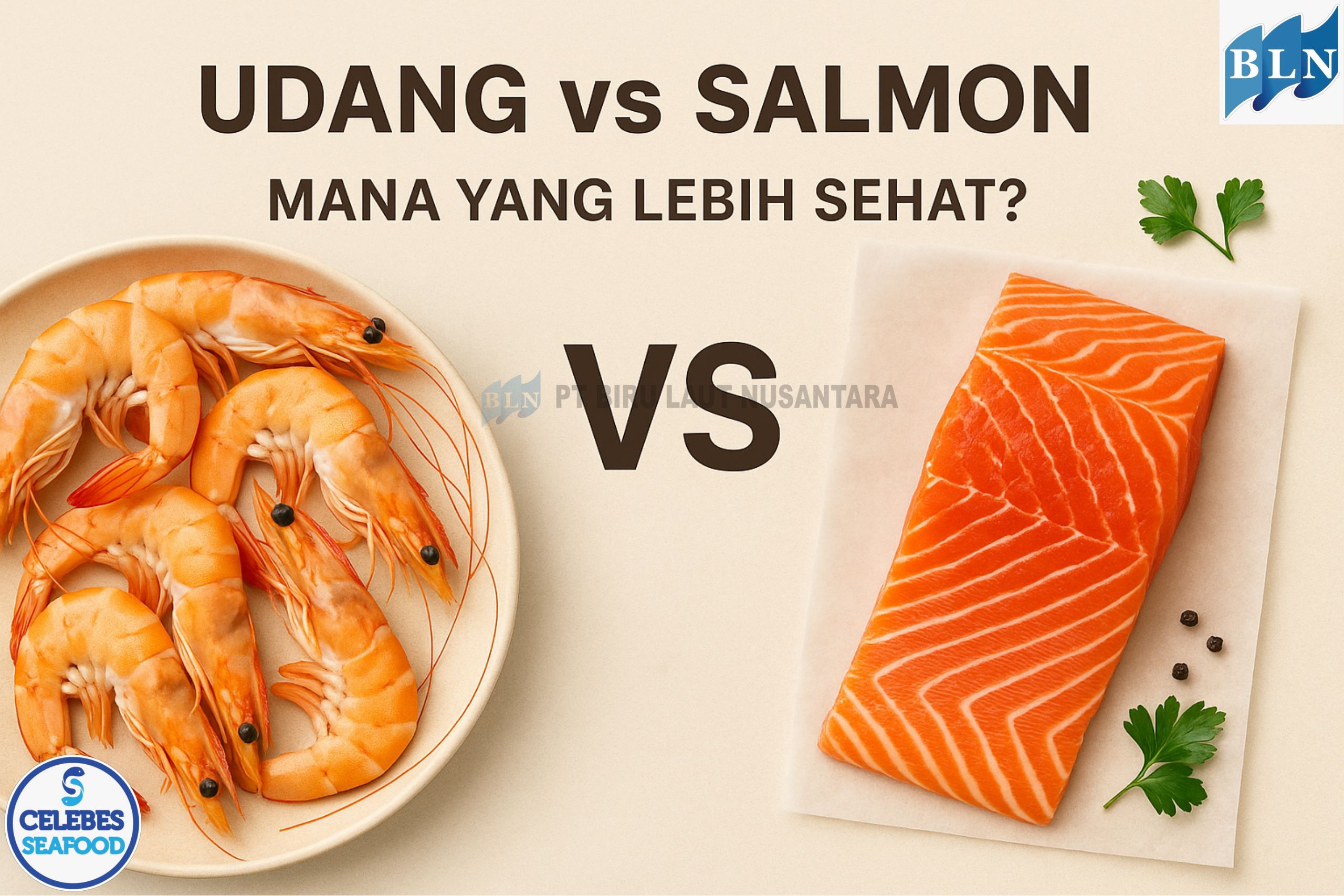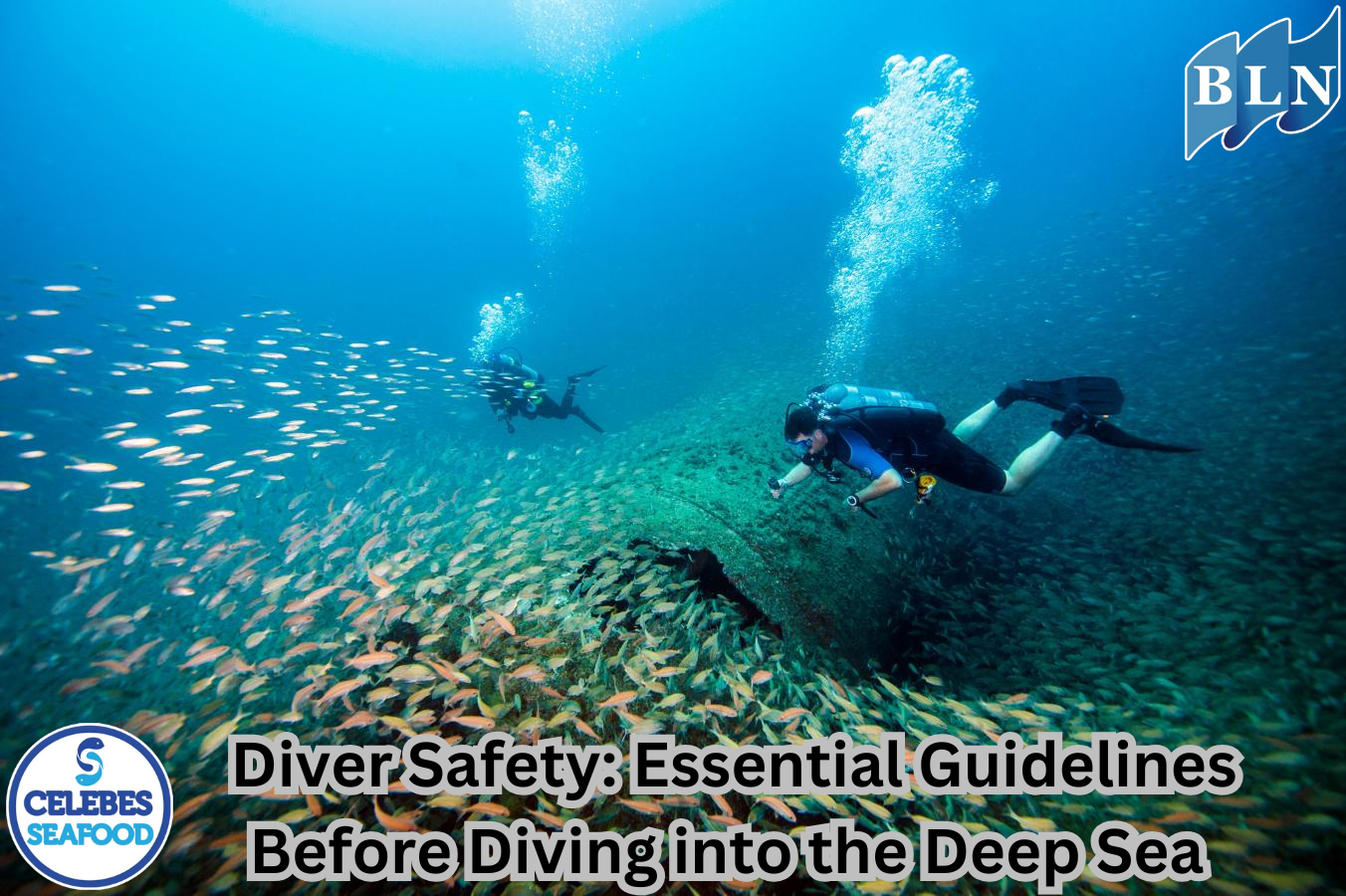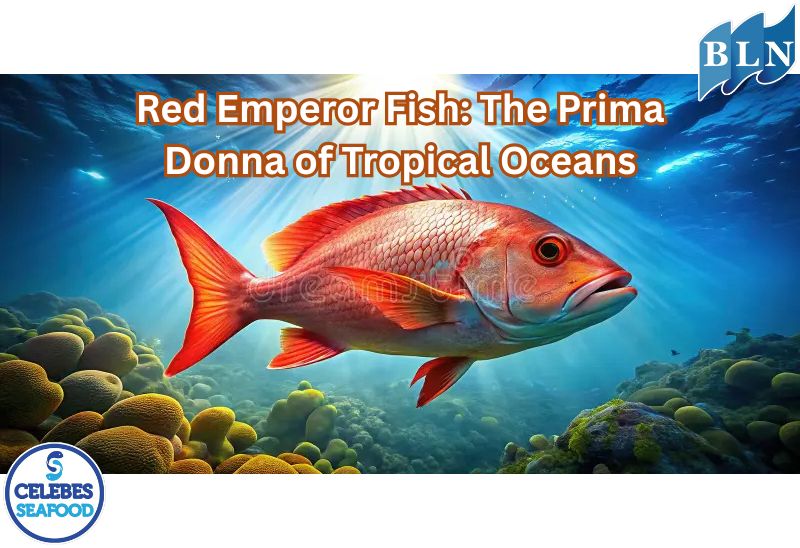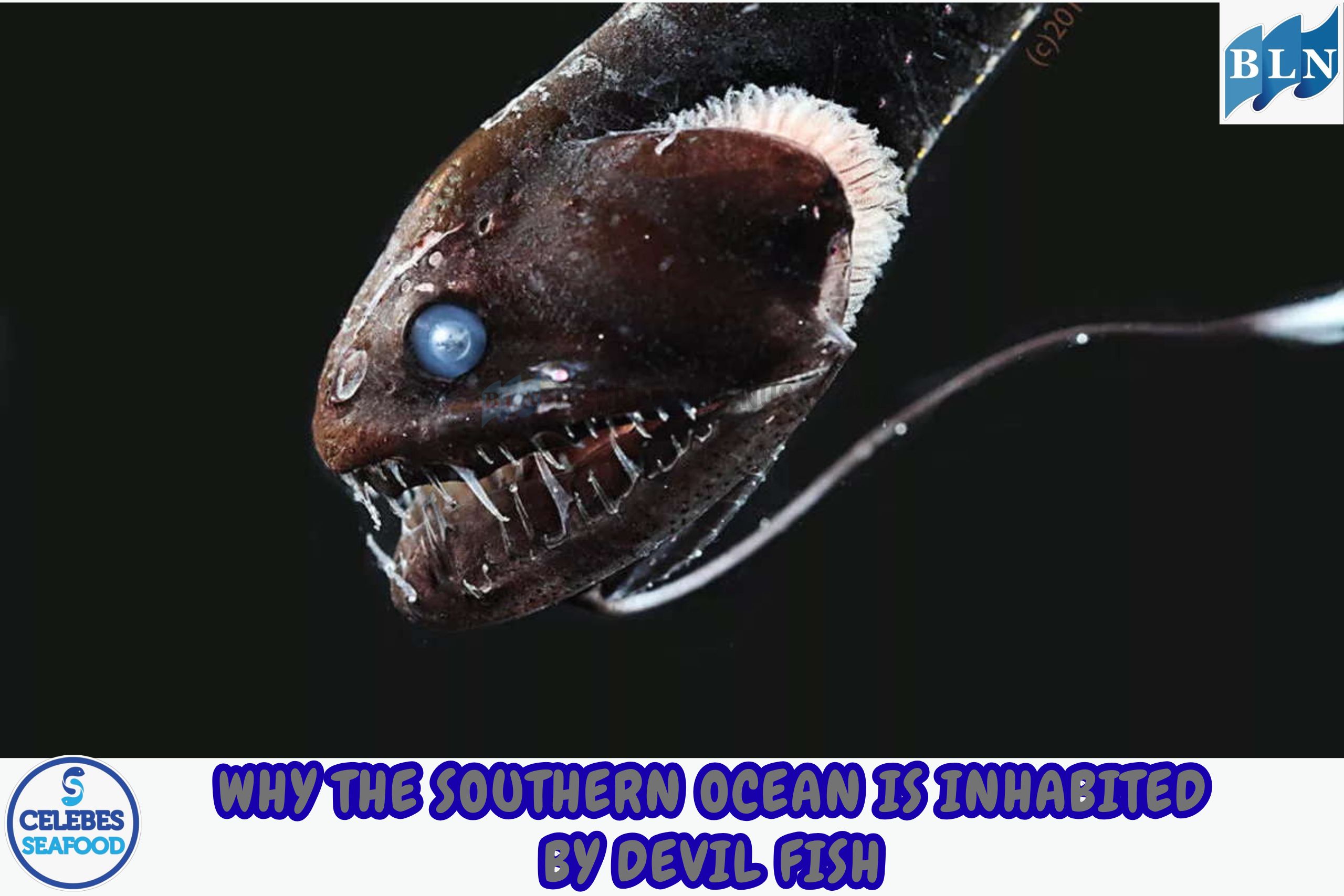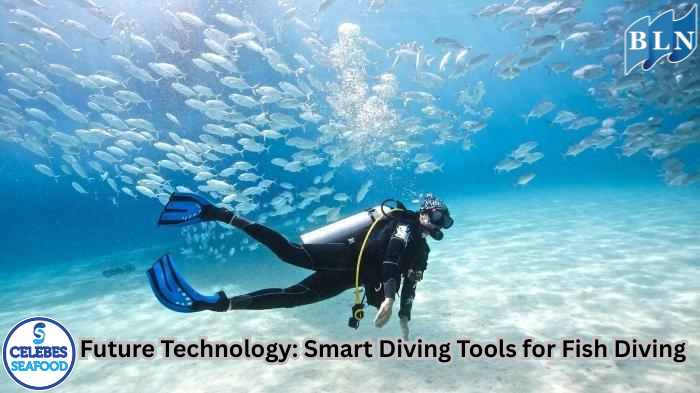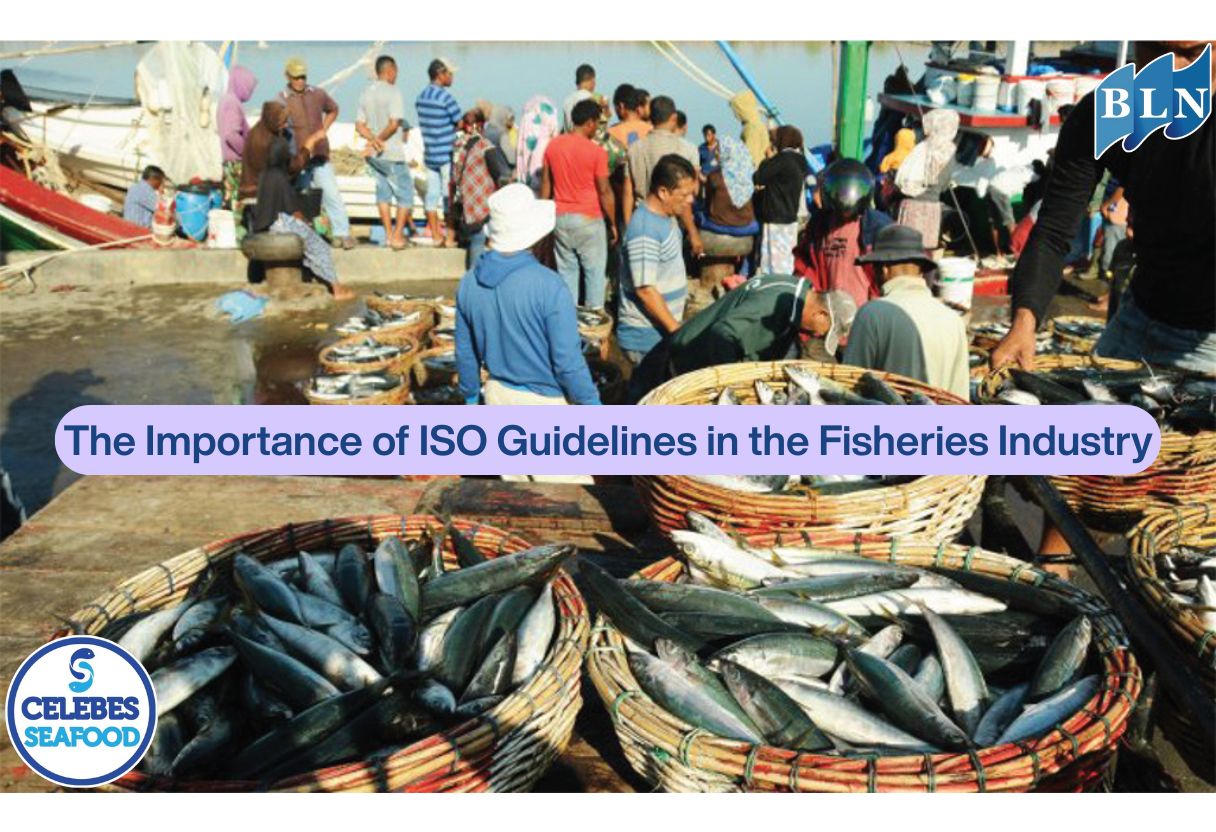The Lobster Cultivation Controversy in Indonesia: Between Economic Potential and Environmental Threatse
By. Edi - 13 Sep 2025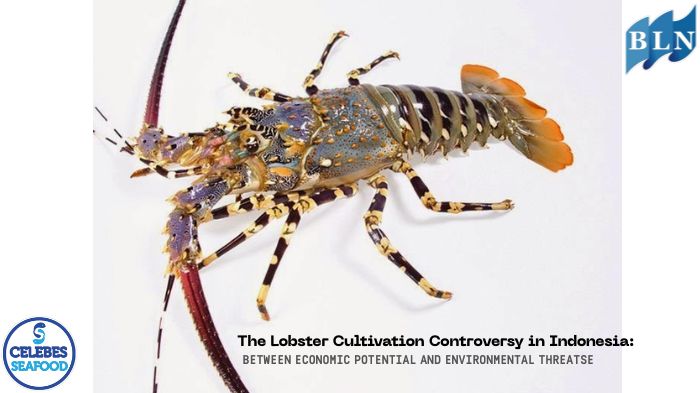
lautnusantara.com The controversy surrounding lobster cultivation has once again heated up in Indonesia, becoming a hot topic on social media and in public spaces. This debate has involved not only fisheries experts and the government, but also coastal communities, environmental activists, and even public figures such as the former Minister of Maritime Affairs and Fisheries, Susi Pudjiastuti. The main conflict centers on two issues: the economic potential promised by lobster cultivation, and concerns about the environmental impact and sustainability of natural resources.
A. The Story of Floating Net Cages in Pangandaran: A Hotspot of Debate
The latest flashpoint of debate is the plan to build floating net cages (KJA) for lobster cultivation in the waters off Pangandaran, West Java. Although this project is claimed to boost the local economy and create jobs, many parties oppose it.
Susi Pudjiastuti has been one of the leading figures strongly opposing this project. She believes that large-scale lobster cultivation could damage the marine ecosystem and pollute the waters, threatening the tourism industry that is the backbone of Pangandaran's economy. There are concerns that the massive marine cages (KJA) will cause the accumulation of leftover food and waste, which could ultimately damage coral reefs and disrupt the lives of other marine life.
Traditional fishermen have also expressed similar concerns. They fear this project will limit their fishing grounds and destroy the natural habitat of lobsters, which could threaten their livelihoods in the long term.
B. The Dilemma of Cultivation vs. Seed Export Ban
The controversy over lobster cultivation is actually a continuation of the long-standing debate over the lobster seed export policy. During Susi Pudjiastuti's leadership, the export of lobster seeds was completely banned to maintain the wild lobster population. This policy was considered successful, as evidenced by the increasing population of adult lobsters in Indonesian waters.
However, this policy was later amended by a subsequent minister, who permitted the export of lobster seeds, arguing that it would increase foreign exchange and provide income for fishers who catch them. This policy drew sharp criticism because it was considered to trigger massive seed fishing, which could potentially damage lobster populations in the long term.
On the other hand, lobster cultivation is seen as a middle ground. By cultivating captured seeds, the economic value of lobsters can be increased many times over without the need to export them as seeds. However, as in Pangandaran, implementation is not as easy as theory.
C. Finding Common Ground
The government argues that lobster cultivation is part of a sustainable blue economy. Modern cultivation projects will use environmentally friendly technology and be integrated with research. However, skepticism remains high given the development's track record of often neglecting environmental impacts for short-term profits.
To prevent this protracted controversy, a more comprehensive approach is needed. In-depth and transparent environmental impact studies, active involvement of local communities, and strict regulatory enforcement are essential. Striking a balance between economic growth and environmental sustainability is key to ensuring that Indonesia's marine resources can be enjoyed by current and future generations.
If you are interested in our Red Emperor Fillet Skin On, Red Snapper Fillet Skin On please do not hesitate to contact us through email and/or whatsapp.
